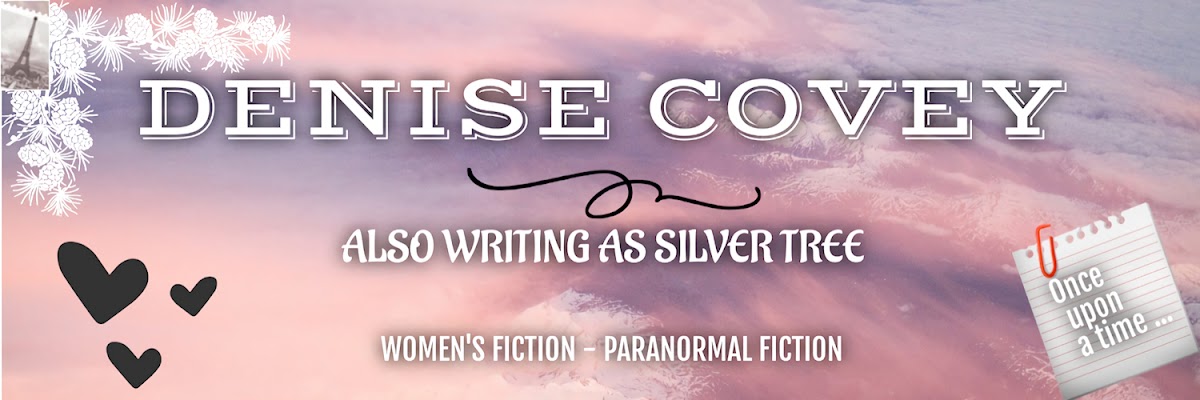Hi all!
Poetry is the go-to in times of need for many of us, but does it help? If we look at social media, yes, yes, yes.
After the Orlando massacre, Maggie Smith's poem went viral. It's not about Orlando per se, but about life being brutish and short--
"No arts; no letters; no society; and which is worst of all, continual fear, and danger of violent death: and the life of man, solitary, poor, nasty, brutish and short."
Thomas Hobbes.

As much as we hate poetry, we really love it, don't we? Even when we don't understand it completely. It can make a thing of beauty out of ordinary things (even tennis!)

Poetry is the go-to in times of need for many of us, but does it help? If we look at social media, yes, yes, yes.
After the Orlando massacre, Maggie Smith's poem went viral. It's not about Orlando per se, but about life being brutish and short--
"No arts; no letters; no society; and which is worst of all, continual fear, and danger of violent death: and the life of man, solitary, poor, nasty, brutish and short."
Thomas Hobbes.
Good Bones
Related Poem Content Details
Life is short, though I keep this from my children.
Life is short, and I’ve shortened mine
in a thousand delicious, ill-advised ways,
a thousand deliciously ill-advised ways
I’ll keep from my children. The world is at least
fifty percent terrible, and that’s a conservative
estimate, though I keep this from my children.
For every bird there is a stone thrown at a bird.
For every loved child, a child broken, bagged,
sunk in a lake. Life is short and the world
is at least half terrible, and for every kind
stranger, there is one who would break you,
though I keep this from my children. I am trying
to sell them the world. Any decent realtor,
walking you through a real shithole, chirps on
about good bones: This place could be beautiful,
Events can seem too incomprehensible for ordinary language, so poetry can speak to us in precise language that fits the purpose.
It can be the language of defiance and protest, which is my favourite genre of poetry. I love poetry that packs a powerful message (who doesn't get Maya Angelou's Still I Rise?) -- 'you may trod me in the very dirt/But still, like dust, I rise,' as relevant today as when she penned it in 1978. Okay, most of us know and love that poem, but when Serena Williams went on *youtube to read Angelou's poem, it went viral.
In August last year, a Sydney activist for peace wrote an anti-racism poem then had to retreat due to the negative reaction.
Second Earth
In another world
Just like this one,
Parallel to mine,
Is a life where I never met you.
And for that I am grateful.
Stella Smith (not her real name)
We have in our blogger-midst some amazing poets such as multi-published Nilanjana Bose who many discovered through the A to Z. I've known Nila since the world began, or close enough. She joined RomanticFridayWriters in 2010, now WEP. (She won the latest WEP challenge, GARDENS! with her amazing Point me to...) Her poems always blow my mind, so I asked her to share one with us which she wrote in the aftermath of the #ParisAttacks of 2015.

We have in our blogger-midst some amazing poets such as multi-published Nilanjana Bose who many discovered through the A to Z. I've known Nila since the world began, or close enough. She joined RomanticFridayWriters in 2010, now WEP. (She won the latest WEP challenge, GARDENS! with her amazing Point me to...) Her poems always blow my mind, so I asked her to share one with us which she wrote in the aftermath of the #ParisAttacks of 2015.
All the world’s a war zone
The flowers dry, the candles burn;
both reach their ends. The world still turns.
The streets are full, the café chat
is about revenge, tit for tat,
air-strikes, mortal wounds, ground combat.
I cannot take in any of that.
I only know she won’t return.
Although each time the doorbell rings
my heart leaps once, instantly sings
then is brought to the days before.
She’ll never be back at my door.
The talk is thick with migrants, war,
how exactly to settle the score.
But I can’t relate to those things.
I just know that flowers dry rough,
that candles aren’t warm enough.
I just know my room’s gone cold,
my heart is shrivelled and grown old;
she’ll never again cross this threshold
whatever events might unfold.
That’s my truth, the rest’s just stuff.
The old classicist, William Wordsworth said: '...thoughts ... often lie too deep for tears.' A good poet can help put those thoughts into words...
As much as we hate poetry, we really love it, don't we? Even when we don't understand it completely. It can make a thing of beauty out of ordinary things (even tennis!)
*
Thanks for coming by. I don't get to read much about poetry around the blogs so I've been thinking on this topic and shared my thoughts, random as they are. I think in the digital age, poets can fire off powerful words to encapsulate the horror, the capriciousness of life, the landscape of a world in turmoil.
- What's your take on poetry? Love it? Hate it? Indifferent?








